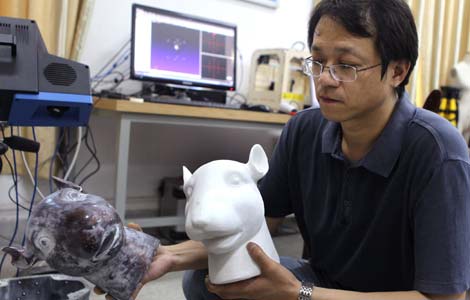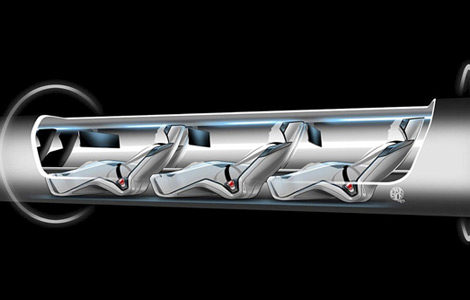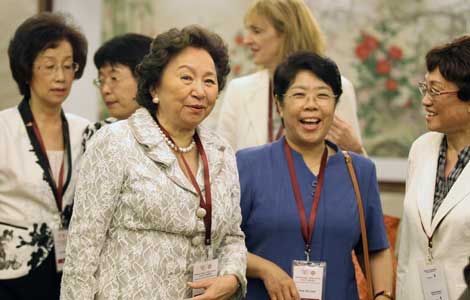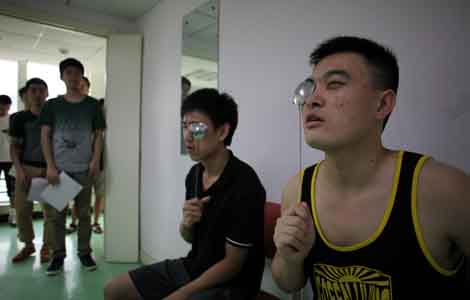Rules for cyberspace
Updated: 2013-08-13 07:27
(China Daily)
|
||||||||
With people looking for effective supervision of, and serious reflection on, the United States' controversial surveillance programs, the reforms pledged by US President Barack Obama have not met expectations.
In what looks like a remedial approach to ease the concerns of US citizens about infringements on civil rights, Obama announced a number of measures on Friday to strengthen the oversight and transparency of the surveillance program. His proposals include restructuring the secret court that oversees surveillance programs in the US and reforming the Patriot Act, which provides the legal basis for data collection, as well as the setting up of a "high-level group of outside experts" to review surveillance technologies.
"It's not enough for me, as president, to have confidence in these programs; the American people need to have confidence in them as well," Obama said.
But given former US National Security Agency contractor Edward Snowden's revelations about the extent of secret spying on private Internet and telephone usage, Obama's proposals will not have inspired confidence that the snooping is being reined in, as it is obvious that none of the measures will fundamentally change the US surveillance regime.
Which is also worrying to the citizens of other countries, as they, too, are victims of US surveillance programs, such as PRISM.
More than two months after Snowden began his whistle-blowing, the US is yet to come up with something better than the smoke and mirrors of public relations spin doctoring aimed at taking the sting out of domestic sentiment.
The US should show sincerity, as well as a sense of responsibility, and properly address the global concerns about its information collection system.
The Snowden case should sound the alarm that cyberspace cannot be "uncharted waters" any longer. It is also a timely reminder to all that cybersecurity is a pressing issue for almost every nation and needs collective efforts. The time has come for all members of the international community to work together to establish just and fair global rules and join hands to maintain order and security in cyberspace.
The US enjoys supremacy in Internet technologies. It should act in a responsible way and actively engage in international cooperation with other countries so that international regulations on surveillance activities can be enacted in an early date.
(China Daily 08/13/2013 page8)
Most Viewed
Editor's Picks

|

|

|

|

|

|
Today's Top News
Terrorist leaders sentenced to death
Talks to increase US troops
'Not just about resources'
'No worry' on wheat imports
H7N9 patient dies in Beijing
Equities take a benefit from improving data
US man kills 9-year-old son, himself
Taking on Sinophobia through education
US Weekly

|

|














